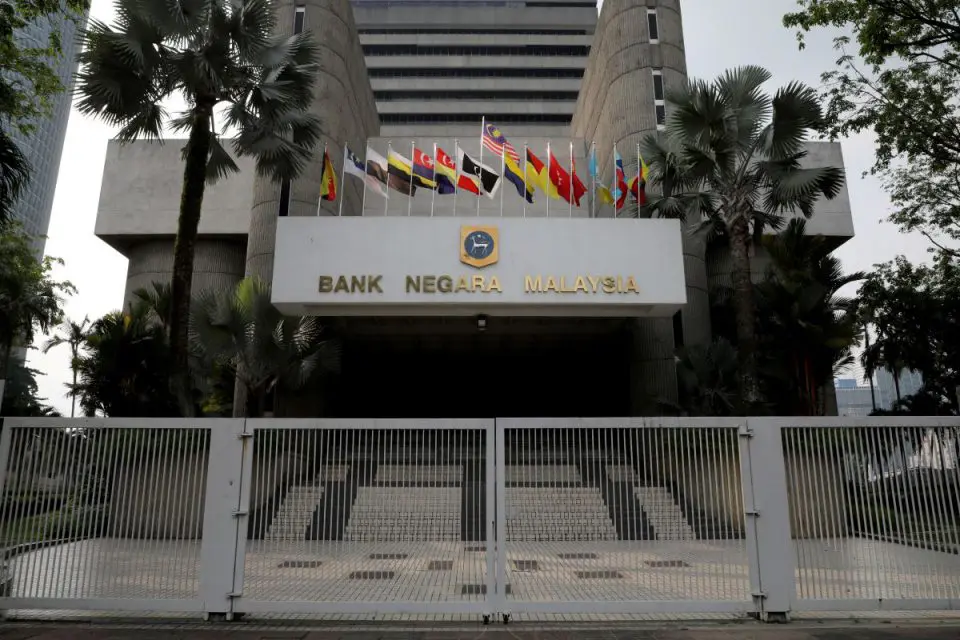KUALA LUMPUR, Jan19 — Bank Negara Malaysia (BNM) has decided to maintain the overnight policy rate (OPR) at 2.75 per cent during its meeting today.
The central bank said this will allow it to assess the impact of the cumulative past OPR adjustments, ‘given the lag effects of monetary policy on the economy.’
At the current OPR level, the stance of monetary policy has remained accommodative and supportive of economic growth, it added.
“Further normalisation to the degree of monetary policy accommodation would be informed by the evolving conditions and their implications to the domestic inflation and growth outlook.
“The Monetary Policy Committee (MPC) will continue to calibrate the monetary policy settings that balance the risks to domestic inflation and sustainable growth,” it said in a statement today.
BNM noted ‘the global economy continues to be weighed down by elevated cost pressures, higher interest rates, and Covid-19-related disruptions in China.’
The central bank also revealed that headline inflation moderated slightly from high levels in recent months, however, core inflation remains above historical averages.
“Central banks are expected to continue raising interest rates, albeit at a slower pace, to manage inflationary pressures.
“This will continue to pose headwinds to the global growth outlook.
“(However,) growth in China is expected to improve once the current Covid-19 wave subsides.
“The growth outlook remains subject to downside risks, including an escalation of geopolitical tensions, weaker-than-expected growth outturns in major economies, and a sharp tightening in financial market conditions,” it warned.
For Malaysia, the central bank highlighted that the latest data indicated continued economic expansion in the final quarter of last year on resilient domestic demand.
As a result, domestic economic growth for 2022 is expected to exceed the earlier projected forecast of between 6.5 and 7.0 per cent, it noted.
Coming off a strong performance in 2022, it said growth in 2023 is expected to moderate amid a slower global economy whereby growth will remain supported by domestic demand as household spending will be underpinned by sustained improvements in employment and income prospects.
Downside risks to the domestic economy continue to stem from weaker-than-expected global growth, higher risk aversion in global financial markets amid more aggressive monetary policy tightening in major economies, further escalation of geopolitical conflicts, and the re-emergence of significant supply chain disruptions, the bank said.
Headline inflation averaged 3.4 per cent for the period January to November 2022, it said.
As projected, it noted that the headline inflation peaked in the third quarter (Q3) of 2022, while underlying inflation, as measured by core inflation, averaged 2.9 per cent up to November last year.
“Over the course of 2023, headline and core inflation are expected to moderate but remain at elevated levels amid lingering demand and cost pressures,” it said.
“Existing price controls and fuel subsidies, and the remaining spare capacity in the economy, will continue to partly contain the extent of upward pressures to inflation.
“The balance of risk to the inflation outlook is tilted to the upside and remains highly subject to any changes to domestic policy on subsidies and price controls, as well as global commodity price developments,” BNM added.
— Bernama





